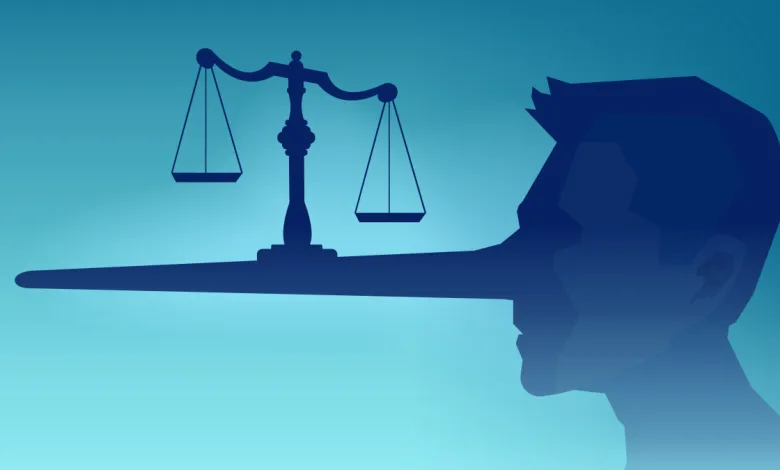
FBI Issues Updated Guidance on Combating “Fake Lawyer” Scams as Fraudulent Law Firms Targeting Crypto Victims Employ Multiple Exploitation Tactics
The FBI’s Internet Crime Complaint Center (IC3) has released an updated alert warning consumers about a growing wave of fraudsters masquerading as attorneys. These imposters prey on people who have fallen victim to cryptocurrency scams, offering to help recover lost funds while actually siphoning personal data and sometimes money from their targets.
The scheme is especially aimed at vulnerable groups, with a particular focus on seniors. Fraudsters cultivate a veneer of legitimacy by claiming ties to real law firms and, in some cases, falsely representing themselves as officials from government agencies. They then use social media, messaging apps, and other online channels to contact victims, promising a quick resolution.
On August 13, 2025, the IC3 issued an updated bulletin that lists clear warning signs and due diligence steps that anyone who has experienced a crypto loss should check before engaging with an alleged legal representative. The guidance is designed to help potential victims spot red flags and avoid falling into the trap of these sophisticated “fake lawyer” scams.
Red Flag Indicators of Potential Fictitious Law Firm Activity:
- Impersonation of actual lawyers and/or legitimate law firms and the production of fictitious documents with a legitimate law firm insignia or letterhead.
- Impersonation or affiliation as official authorized partners with multiple US and foreign government or regulatory entities. There are no law firms which are officially authorized partners of US Government agencies.
- References to fictitious government or regulatory entities, such as the International Financial Trading Commission (INTFTC). Double check whether such an agency exists.
- Requesting payment in cryptocurrency or prepaid gift cards. The US Government does not request payment for law enforcement services provided.
- Having knowledge of the exact amounts and dates of previous wire transfers and the third-party company where the victim previously sent scammed funds.
- Stating the victim was on a government-affiliated list of scam victims and they can recover their money through “legal channels.”
- Referring victims to a “crypto recovery law firm.”
- State the victims’ funds are in an account held at a foreign bank and tell victims to register an account at that bank. The domain or website provided for this bank appears legitimate but is a fraudulent platform to facilitate the ongoing scheme.
- Placing victims into a group chat on WhatsApp, or other messaging applications, for supposed secrecy and safety of the client with supposed foreign bank processors and attorneys who may say that payment of bank fees is required to verify identity and ownership to withdraw funds.
- An unwillingness or inability to provide credentials or a license, not appearing on camera, and not conducting video meetings.
- Request victims send payment to a third-party entity (i.e., xyz trading company) for the supposed purposes of maintaining secrecy and safety.
Additional Due Diligence Measures to Prevent Hiring of Fictitious Law Firms:
- Use a “Zero Trust” model in these circumstances, which assumes no one should be trusted by default and every request should be verified.
- Be cautious of law firms contacting you unexpectedly, especially if you have not reported the crime to any law enforcement or civil protection agencies.
- Request video verification or documentation or a photo of their law license. If this cannot be readily provided, assume they are not legitimate.
- Request verification of employment for anyone claiming to work for the US Government or law enforcement. You can call your local office for the associated government entity and request to verify the identity of the individual with whom you are communicating.
- Keep records, including recordings of video chats of all interactions.
- Require notarized proofs of identity from the supposed lawyers before continuing any further communications and transactions.
Victims of fraudulent law firm scams or those who suspect they may have been targeted are urged to report the suspicious activity to their local FBI field office and to file a complaint with the FBI’s Internet Crime Complaint Center at www.ic3.gov.









